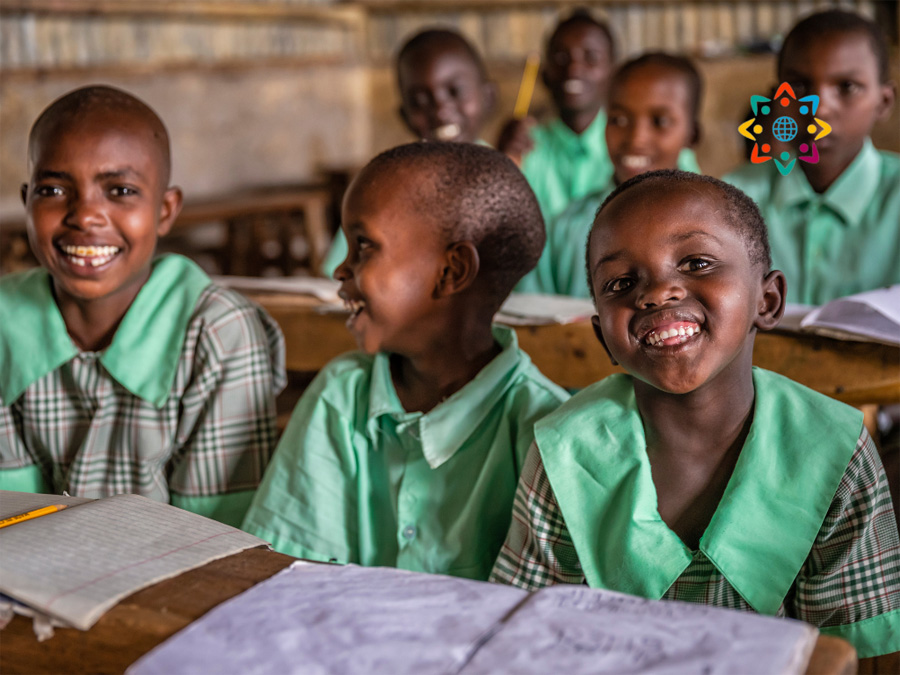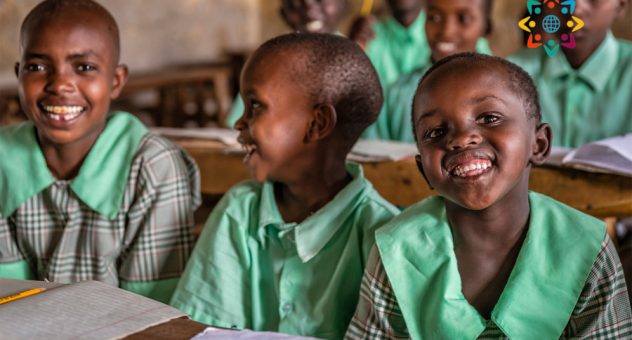
Education in Africa is a diverse and multifaceted topic, as the continent consists of 54 countries with varying cultural, economic, and social contexts. While there have been significant improvements in education in some regions, challenges persist in others. Here are some key aspects of education in Africa:
Access to Education:
Despite progress in recent years, access to education remains a challenge in many parts of Africa. Factors such as poverty, long distances to schools, lack of infrastructure, and cultural norms can contribute to low enrollment rates, particularly for girls.
Gender Disparities:
Gender disparities persist in many African countries, with girls facing greater challenges in accessing and completing education. Cultural norms, early marriage, and societal expectations often contribute to gender inequalities in education.
Quality of Education:
While access is a crucial issue, the quality of education also varies widely. Insufficient resources, poorly trained teachers, and outdated curricula can impact the effectiveness of education systems.
Infrastructure and Resources:
Inadequate infrastructure, such as a lack of classrooms, textbooks, and technology, can hinder the learning experience. Rural areas, in particular, often face challenges in providing essential resources for education.
Language of Instruction:
The choice of language for instruction can be a significant factor. In many countries, education is delivered in languages that may not be the mother tongue of students, impacting their ability to learn effectively.
Technical and Vocational Education:
There is a growing recognition of the importance of technical and vocational education and training (TVET) to address skills gaps and promote employment opportunities. Efforts are being made to enhance the relevance of education to the needs of the job market.
Higher Education:
Higher education in Africa faces challenges such as limited funding, brain drain (loss of skilled professionals to other regions), and the need for curriculum innovation to meet the demands of a rapidly changing global economy.
Public-Private Partnerships:
Some countries are exploring public-private partnerships to improve education outcomes. Collaboration between governments, non-governmental organizations, and the private sector can bring in additional resources and expertise.
Information and Communication Technology (ICT):
The integration of ICT in education is seen as a potential solution to bridge gaps and improve access to quality education. Initiatives such as e-learning platforms and mobile technology are being used to enhance learning experiences.
Conflict and Displacement:
In regions affected by conflict, education systems often suffer, leading to disrupted learning and the displacement of students. Efforts to provide education in emergency situations are crucial for the well-being and future prospects of affected populations.
Government Policies and Commitment:
The commitment of governments to prioritize education, formulate effective policies, and allocate adequate resources is fundamental to addressing the challenges and improving education outcomes.
While there are challenges, it’s important to note that many African countries are making significant strides in improving education. Efforts to enhance access, quality, and relevance of education are critical for the continent’s sustainable development and the well-being of its people.

